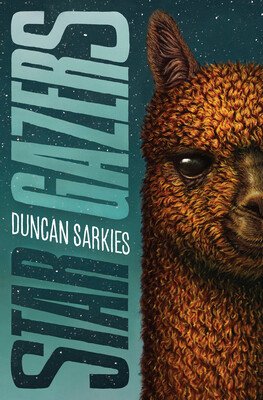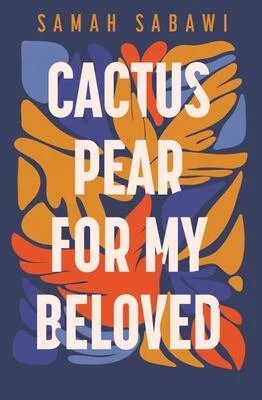As I was fixing the puncture on the delivery bike last week, I remembered the last puncture event. It was December and I was in the process of making the Christmas cakes (yes, multiple, and yes, a bit late to the party for a good aging — saying that, my recipe is delicious straight away or well in advance. Thank you Lois Daish!). There was going to be a social media post. Hashtag #whatbooksellersdointheweekend. Alas, December had more pressing matters, like book enquiries and chasing stock, in the ascendant. Anyway, the cakes are eaten, the punctures fixed, but the idea of sustaining treats is still very much on the agenda. For years now, I’ve made at least 2 fruit-filled cakes: one to eat and get you through December and the other for the festive season quietly waiting its turn.
A cake in the tin is a promise of a sit-down and a cup of tea, or a piquantly paired coffee if spice is the taste game. (Top recommended coffee match is the Cardamom Cake recipe from Magnus Nilsson’s The Nordic Baking Book. And our coffee of choice KUSH Port Blend). But back to the point of this post. Puddings et al. , not punctures. If a tinful of cake is a promise, a pudding is the cherry on top.
Belgian culinary historian Regula Ysewijn’s cookbooks are a delightful, and wonderfully informative! From the nifty titles to the contents, to the results. The Belgian writer and photographer focuses on food and social history of Britain and the Low Countries. Pride and Pudding is a history of British puddings (both savoury and sweet), Oats from the North, Wheat from the South is focused on British baking, and Dark Rye and Honey Cake covers festive baking of the Low Countries.* The books are packed with recipes, history and great photogrpahy (her own) and charming illustrations.
In Dark Rye and Honey Cake enjoy Regula’s Waffles for breakfast, a rich Kramiek loaf for morning tea, find out about the Earl of Laetare, partake in a Flemish pancake, and find delight in a special apple cheesy tart.
Pride and Pudding — so many good things, Let’s start with Syllabub — even the word is delcious! Quinces are rippening on the tree, so try that intricate pastry pie — it looks divine. Icecream without a machine? And break out your molds! Filled with recipes, processes, hints, history and joy.
*She’s also produced the recipes for The Officail Downton Abbey Christmas Cookbook and more recently, The Official Bridgerton Cookbook.




































































